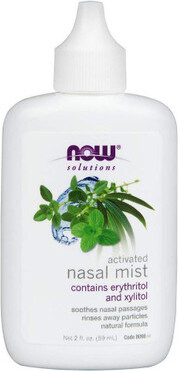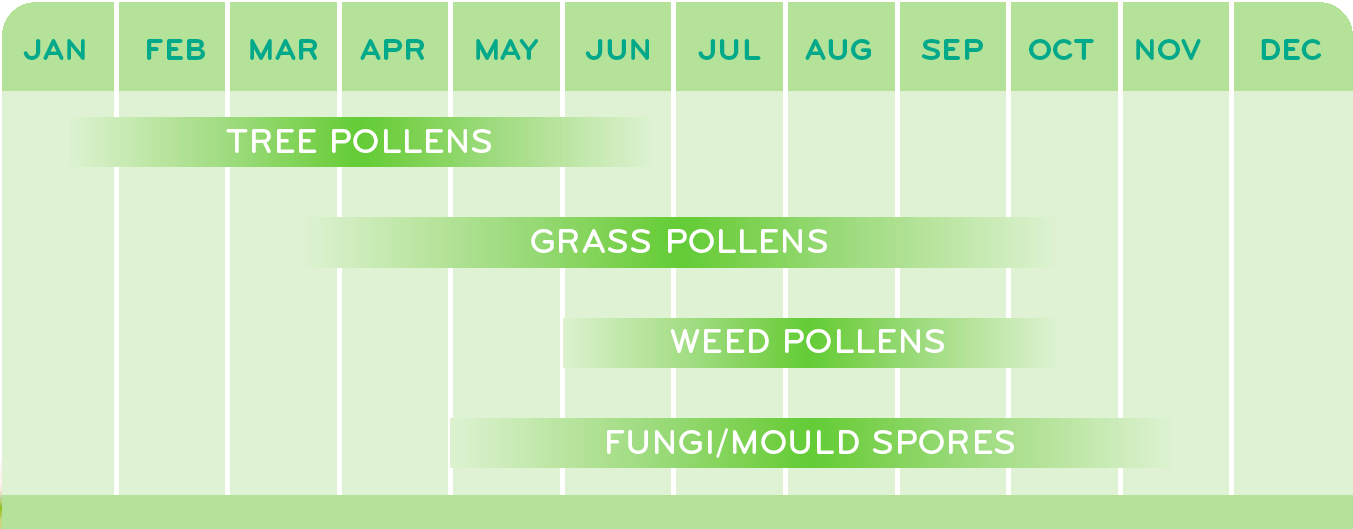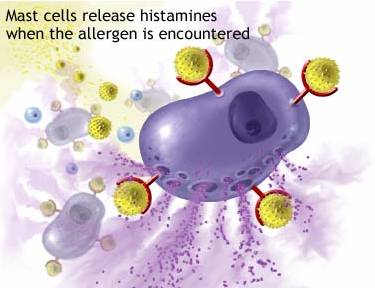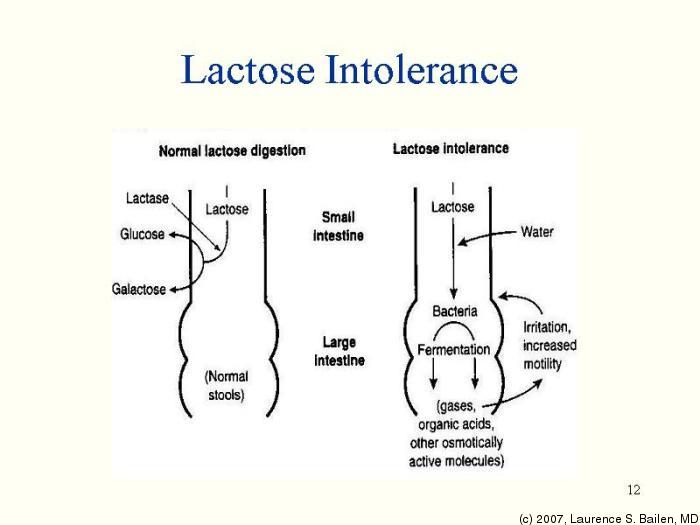“Seasonal allergies” or “hay fever” refer to a variety of allergies triggered by airborne pollen or animal dander. Given the multitude of allergy types, many of which lack direct treatments, general allergy relief medications aim to alleviate the common symptoms associated with allergens—such as coughing, sneezing, congestion, a runny nose, irritation in the eyes and throat, and rashes.
What it’s used for
Allergy relief medications provide temporary alleviation of allergy symptoms. As there is no definitive cure for pollen and animal dander allergies, these medications are intended to make symptoms manageable until the allergen is absent.
Since allergy symptoms often resemble those of colds, allergy medications may also help relieve certain cold symptoms.
Natural treatments, typically derived from plants or animals, can similarly ease symptoms or enhance immunity.
OTC Medications
Allergy relief medications primarily serve two functions: antihistamines and decongestants. The medications available in stores will either focus on one of these roles or combine both.
Allergies occur when the immune system reacts to harmless substances (like pollen) as if they were harmful pathogens. Histamines are produced during this immune response, which, while beneficial in many ways, also cause various allergic symptoms. Antihistamines prevent histamines from attaching to their receptors, alleviating symptoms. Decongestants constrict blood vessels in the nasal passages, sinuses, and throat, thereby limiting mucus production and reducing inflammation.
Antihistamines
There are various types of antihistamines, some targeting specific allergies or symptoms. Common antihistamines in general allergy relief products include chlorpheniramine maleate, fexofenadine, and loratadine.
Chlorpheniramine maleate
Present in Advil Allergy Sinus, Tussicaps, Vituz, and Zutripro, this antihistamine alleviates common allergy and cold symptoms with significantly less drowsiness compared to typical options.
Fexofenadine
Found in Allegra and Axodin, fexofenadine treats common symptoms of allergies and colds, but it may induce drowsiness.
Loratadine
Loratadine, available in Claritin and as a generic allergy relief option, is classified as a “non-sedating” antihistamine, although taking more than the recommended dose of 10mg can lead to drowsiness. Claritin-D combines loratadine with the decongestant pseudoephedrine.
Natural Treatments
A range of natural products can also help alleviate allergy symptoms.
Bee pollen
Bee pollen is often termed nature’s multivitamin, containing nearly all vitamins from A to K, essential minerals, protein, carbohydrates, and healthy fats. It is sometimes claimed to gradually build immunity to hay fever when taken in small doses, though evidence for this remains anecdotal. Those with bee allergies should avoid bee pollen, and caution is advised for hay fever sufferers as it might trigger symptoms.
Butterbur
Butterbur, commonly available in Europe, has scientific backing as an effective antihistamine when taken as a supplement.[2,3]
Colostrum
Produced by mammals in late pregnancy, bovine colostrum may help prevent allergens from entering the body through various mechanisms.
Garlic
Besides being delicious when sautéed in olive oil, garlic acts as a natural anti-inflammatory that can reduce many allergy symptoms. However, heating it may diminish its effectiveness.[5] If raw garlic isn’t appealing, it is also available as a capsule supplement.
Honey
Local honey is marketed based on a similar principle to bee pollen: the idea is that local allergens processed by bees will gradually enhance immunity if consumed in small amounts. However, scientific studies supporting this theory are lacking.
Quercetin
Quercetin is a plant pigment found in various fruits, vegetables, and leaves, shown to function as an antihistamine in laboratory tests, though human trials are still pending.[4]
Stinging nettles
Available as freeze-dried nettles, a single human study on stinging nettles suggests promising results, showing its potential as an antihistamine, reducing sneezing and irritation.[6]
Allergies and the paleo diet
Anecdotal evidence suggests that some who follow a paleo diet have experienced improvements in their allergies, although peer-reviewed scientific studies are currently unavailable.
Lactose allergies and supplementation
Lactose allergies can hinder athletic and bodybuilding supplementation due to their effects on whey protein utilization. Alternatives do exist, including whey protein isolate (filtered to eliminate lactose and cholesterol), vegetable protein, and beef protein.
Recommended dosage
Dosages for pharmaceutical allergy medications vary and should be clearly labeled on their packaging.
Herbal supplements are not regulated by the FDA, making recommended doses inconsistent. Generally, manufacturers set the recommended daily dosages.
Forms
Pharmaceuticals commonly come in pill or liquid formats. Herbal allergy supplements are typically found in capsule form, though some may be available as powders or lozenges.
Side effects
The most frequently reported side effects of antihistamine-containing allergy medicines are drowsiness and lightheadedness. Some formulations are specifically designed to minimize drowsiness and are commonly labeled as “A.M.” or “daytime” versions. Other potential side effects of antihistamines may include dry mouth, indigestion, constipation, and mild blurred vision. Decongestants may produce similar symptoms and can also elevate heart rate and blood pressure, induce headaches, anxiety, and insomnia.
Considerations
While allergy medications are generally safe for most adults, consulting a doctor is advisable if the cause of your symptoms is unclear, as allergy symptoms can mimic other health issues.
Warnings
The FDA advises against the use of allergy or cold medicines for children aged 2 and younger.[1] A children’s formula with lower dosages is typically offered for those aged 3 to 14.
Where to buy
You can find both OTC pharmaceuticals and natural allergy treatments right here at PricePlow. Shopping can be a hassle while you’re sneezing—let us compare prices for you and save you 30% to 50% off retail prices.
You Might be Interested In: 7-Day Mediterranean Diet Meal Plan For Insulin Resistance
Seasonal allergies, commonly known as hay fever, result from airborne pollens or animal dander, causing symptoms like sneezing, congestion, and irritation. Allergy relief medications, including antihistamines and decongestants, alleviate these symptoms temporarily, as there is no cure. Natural treatments, like bee pollen, butterbur, and garlic, can also help symptom relief. Common antihistamines include chlorpheniramine maleate, fexofenadine, and loratadine. Side effects may include drowsiness and dry mouth. While allergy medications are generally safe for adults, consulting a doctor is advisable for those with uncertain symptoms, especially in young children. Various medications and natural treatments can be found online.




